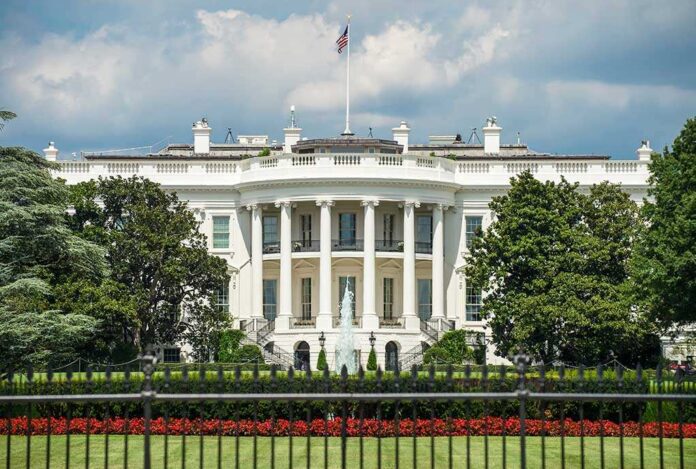
Elon Musk and Donald Trump have prompted a heated debate within U.S. federal agencies, raising questions about civil service protections versus administrative demands.
Quick Takes
- Federal employees ordered by Musk to detail their weekly accomplishments.
- Emails created concern due to recent layoffs and confused employees.
- Agencies advised employees to delay compliance with Musk’s directive.
- Executive influence on civil service protections scrutinized.
Musk’s Unexpected Directive
Elon Musk’s controversial directive requiring U.S. federal employees to submit weekly summaries of accomplishments sparked widespread concern and confusion. The directive came via an email titled “What did you do last week?” from the Office of Personnel Management, leaving many questioning its intent and legality. Compounding the confusion is Musk’s demand on social media, implying that failure to comply would result in resignation, although the email did not include this ultimatum.
Various federal agencies, including the FBI and the State Department, advised their employees to refrain from responding to Musk’s directive. With recent layoffs rattling the workforce, this demand was met with apprehension. The crux of the issue lies in whether or not employees were aware their response was voluntary, a notion underscored by OPM’s privacy impact assessment stating participation in such tasks is indeed optional.
Trump’s Encouragement and Executive Influence
While Musk pushed for compliance, former President Donald Trump backed his assertive approach, encouraging even greater aggressiveness. The directive called for employees to list achievements by a set deadline without including classified information. President Trump’s support highlighted the growing examination of how executive influence may pressure civil service protections.
Agencies Push Back
As expected, several key federal agencies recommended pausing responses to Musk’s email. Among these were the FBI, State Department, and Departments of Defense and Homeland Security. Questions concerning the legal justification for OPM’s request circulated, with the American Federation of Government Employees openly criticizing the email for lacking legal authority and conflicting with existing management laws.
Conclusion and Broader Implications
This incident illuminates ongoing tensions between executive objectives and the long-standing protections afforded to U.S. civil servants. It underscores the delicate balance needed to shield such protections while still meeting demands for transparency and accountability. As agencies continue to defend their employees’ rights, this clash over administrative orders is a reminder of the importance of maintaining established protocols.
Sources:
- Elon Musk Tells Federal Workers to Detail Work in an Email or Lose Their Jobs – The New York Times
- Some US agencies tell workers not to reply to Musk’s ‘What did you do last week’ email | Reuters
- ‘What did you do last week?’ email stokes confusion and anger among federal workers












